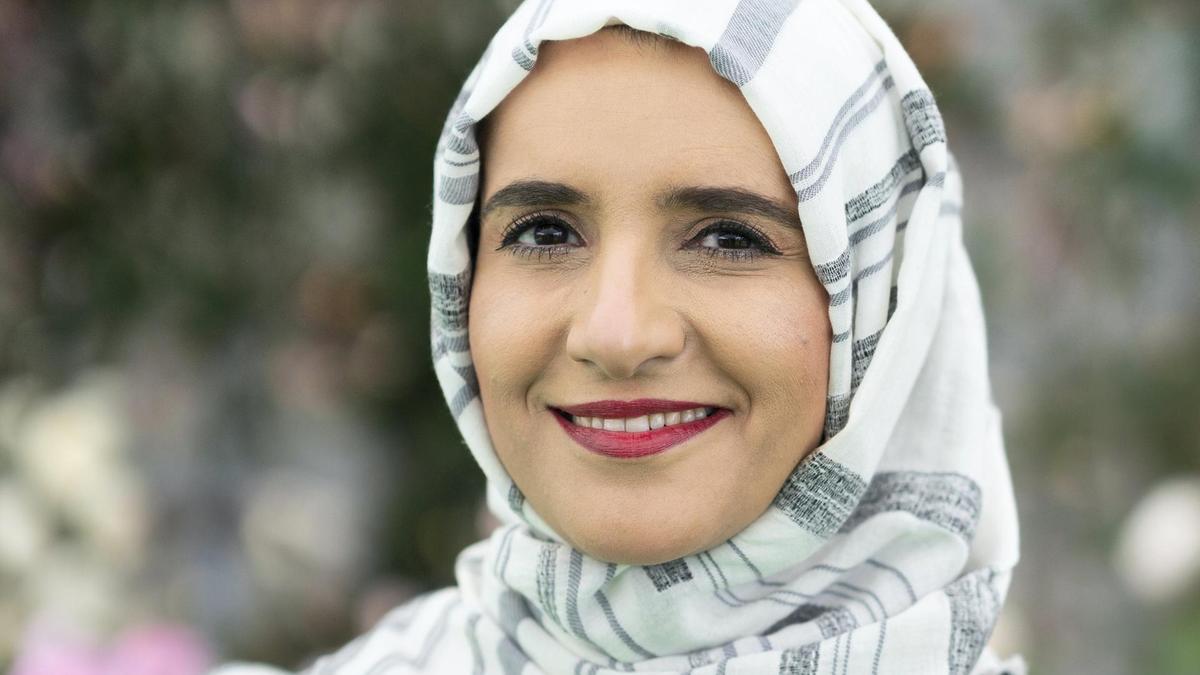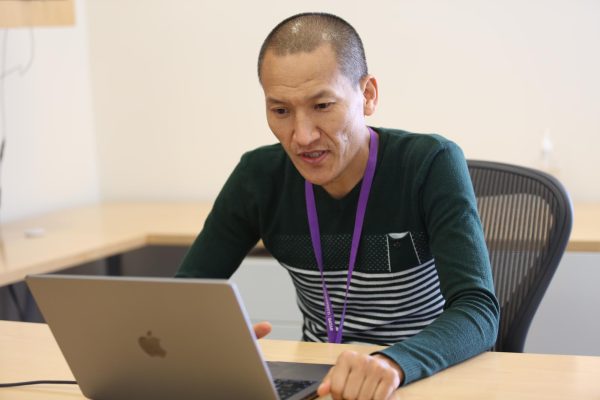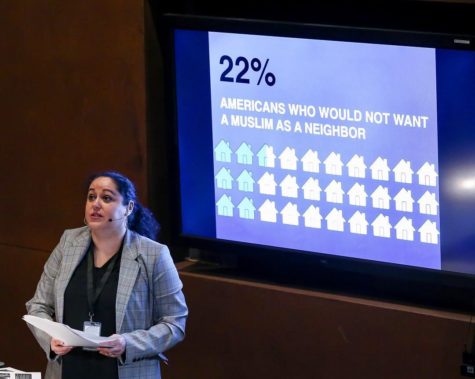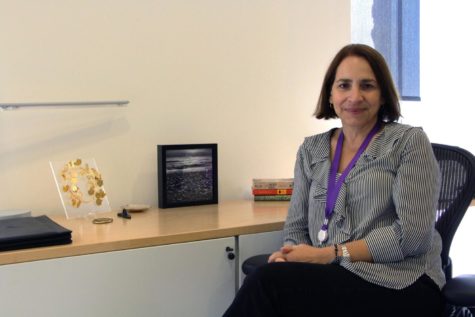Living Many Lives Through Her Pen: Jokha Alharthi’s Literary Journey

When Jokha Alharthi was a Ph.D. candidate at Edinburgh University, financial troubles and being a mother of a nine month old made her reminisce about her home country, Oman. To harness the comfort of home in some way, she began writing an Arabic novel, “Celestial Bodies.” In 2019, the book became the first Arabic novel to win the Man Booker International Prize.
Although Alharthi said she is proud of representing her country and is fascinated by its culture, history and tradition, she does not define herself with a specific identity. She considers her understanding of the human experience as most important in her work as a writer. She said it was surprising to see the different ways in which people reacted to her winning the prize based on parts of her identity.
“Some people were happy because I’m simply from the Middle East, some people were happy because I’m from Oman, some were happy because I wore a scarf,” she said.
Along with being recognized on an international platform, earlier this year Alharthi’s book was chosen for Northwestern University in Qatar’s annual One Book, One NU-Q program. On Nov. 4, the university held a community wide event with a reading of the book and a conversation with AlHarthi.
“Celestial Bodies” is set in a make-believe village of al-Awafi in Oman and is closely connected to Omani values and traditions. The book drew on many historical references in the country, owing to AlHarthi’s fascination with exploring how people used to live and how ideas have changed over time.
However, Alharthi said her time outside Oman also has informed her writing by enabling her to appreciate her home country more and develop a greater understanding of other people’s backgrounds, as well as her own. “When we are in foreign places, we get to know ourselves better,” said Alharthi, quoting one of the characters in her book.
Travelling and getting to know people around her has given AlHarthi a deeper understanding of the various perspectives and stories that exist in the world. Her appreciation for differences between people enables her to empathize with her characters while writing them, even if their ideas and attitudes diverge from hers, she said.
“That’s what you have to do as a writer, you have to live many lives, and you have to pretend that you are somebody else while writing,” she added.
While writing “Celestial Bodies,” Alharthi especially hoped to emphasize the diversity of the female characters in her book. Although many Omani women do face societal restrictions, they also have different ways of being empowered and overcoming obstacles, according to Alharthi.
Writing stories allows Alharthi to share what she has observed about the world and people, but also enables her to learn more about them. “The magic of writing is that you don’t quite know where your characters are going to take you,” she said.
Alharthi said she tries to expand her knowledge by reading literature from various countries in the world and also by learning about ideas in various fields from psychology to history. Literature and history have impacted her writing as she comes from a family of literary people, she said. She was inspired by her grandfather who was a poet, and her uncle who was a poet and traveler.
“When I wrote my novel, Celestial Bodies … all this heritage of classical poetry and classical reading came alive to me,” she said.
Along with being a writer, Alharthi is an associate professor in the Arabic department at Sultan Qaboos University and a mother of three. So, while she does not have a set routine of writing, she is invested in the process when she feels the need to write, focusing her time solely on it till she completes the few pages or lines that she feels satisfied with.
Alharthi said she also does not limit herself by writing for a specific audience. Thinking about the reception of a book may limit her imagination or writing, she explained. Instead, she puts her trust into the process.
“When the book ends, it will have its own life, its own destiny,” she said.












